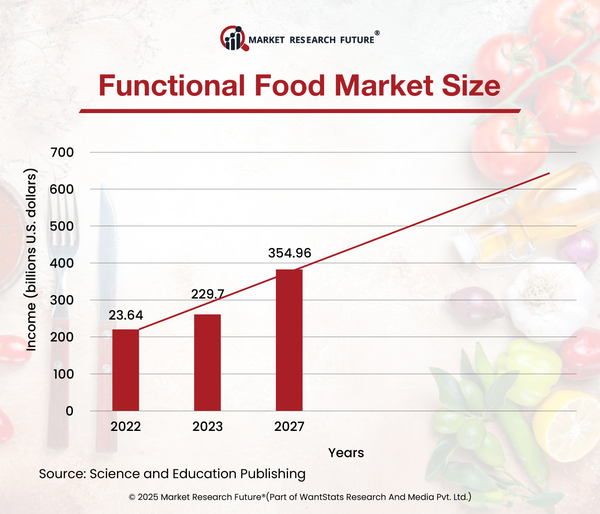Probiotic Power EU Opens Doors for Innovation in Functional Nutrition in 2025
In 2025, a landmark change occurred in the European Union’s probiotics regulatory policy that has implications for the functional food market. The European Food Safety Authority (EFSA) has allowed the use of the term “probiotic” on food products with specified approved health claims and under approved conditions. Even before implementation, this change was already driving investment, innovation, and market shift across the EU region.
The new system’s policy, adopted in early 2025, states that “probiotics” may be placed on the packaging of functional foods as long as those products undertake rigorous microbial strain identification, health claim verification, and safety verification. This change captures the EU's shift from its previously stringent stance and closes the gap to major markets like the U.S. and Japan. The effect on the functional food market in 2025 is notable: North American probiotic-related product launches in Europe spiked by 18% year-over-year, according to reports available in Q1 2025.
Nestlé, Danone, and Chr. Hansen is among the multinational firms to have already begun product reformulation and relabeling to comply with the 2025 benchmarks. In April 2025, Nestlé Health Science proclaimed an investment of €60 million in its European probiotics R&D centers to optimize the development of functional foods. In the same vein, Danone has noted a 12% growth in sales for its dairy-based functional foods in Europe, citing more favorable regulatory frameworks and increased consumer confidence as the primary drivers.
In 2025, strategic partnerships are also defining the dynamics of the functional food market. DSM-Firmenich and ADM entered into a partnership contract in May 2025 for the joint development of next-generation probiotics that support gut health. These changes relate to the increasing demand for science-based functional foods, especially diet supplements related to immunity, digestion, stress, and mental health, which is anticipated to surge in 2025.
Analysts predict that sustained growth, as well as diversification of products, will mark the functional food market as 2025 approaches, with regulatory guidance, policy shifts, technological innovations, and a heightened focus on consumer health driving demand. The alignment of regulations among EU member states will be crucial in providing additional market opportunities within 2025 and later.






